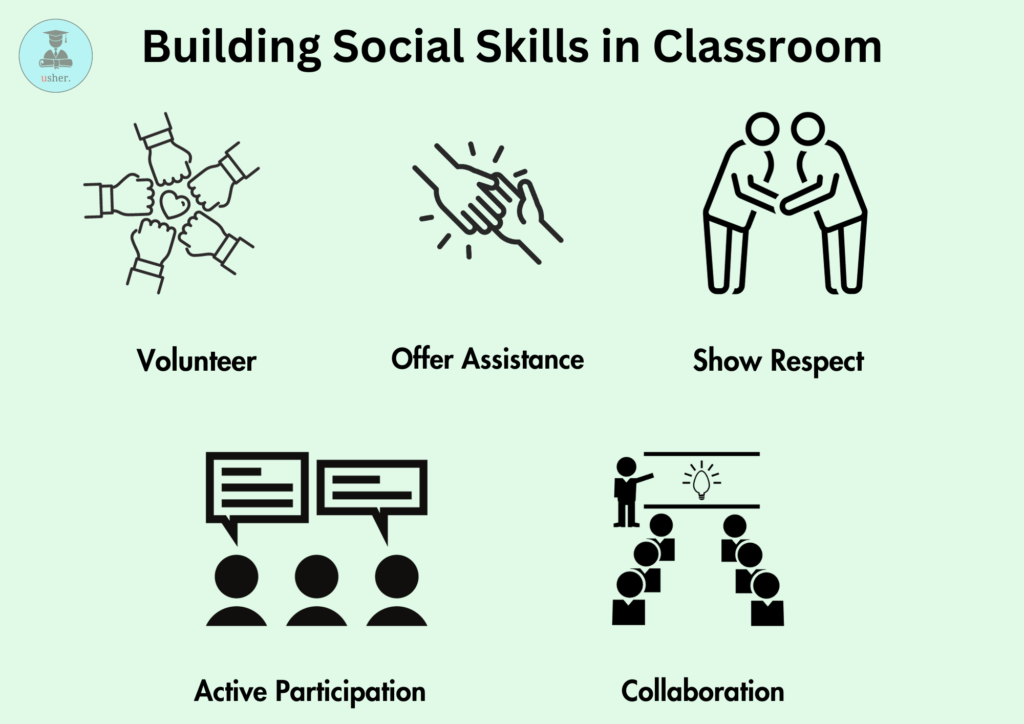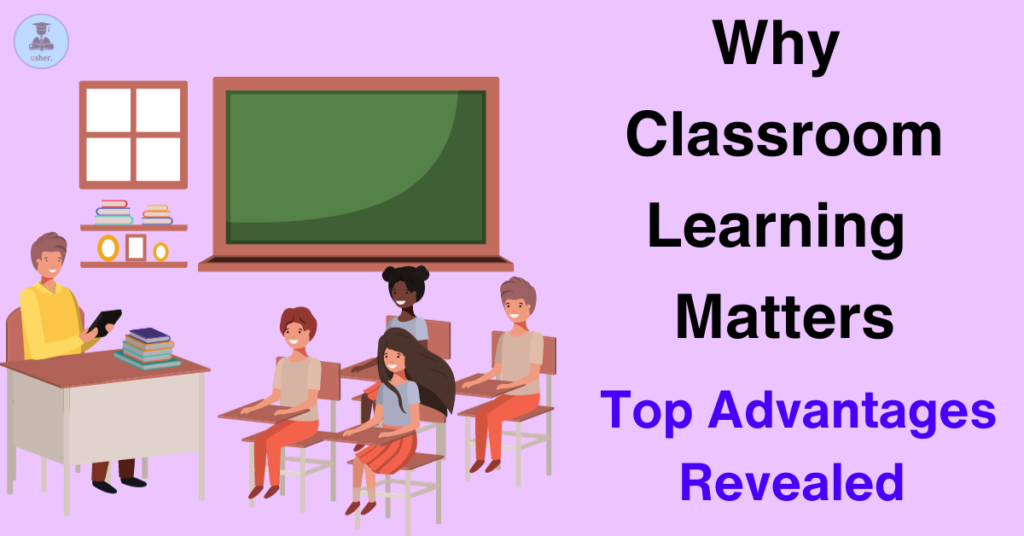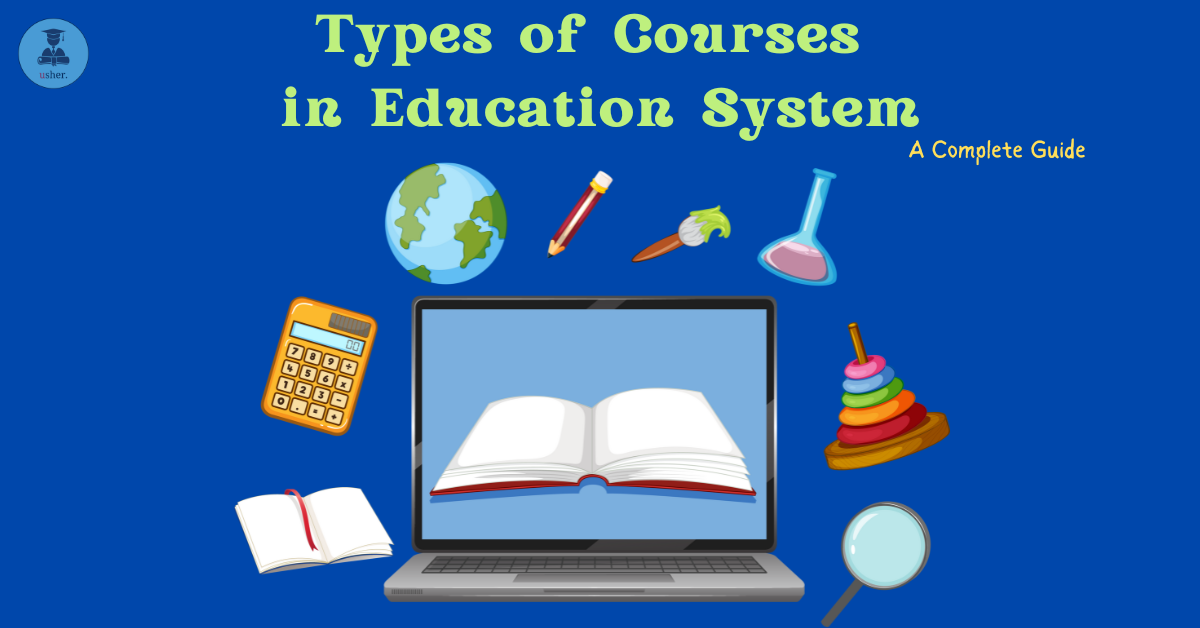In this day and age, online education has become the norm. Many institutes are transitioning to online mode of education. The pandemic has played a major role in this transition.
According to research, we understand that students are opting for online education. However, we seem to be forgetting the unique advantages of learning in a classroom.
There are various advantages to studying in a classroom environment that support both successful learning and individual growth. Classroom teaching not only impacts students but also teachers. These are a few of the main benefits.
Interactive and Collaborative Learning
Unlike online education, where students spend hours in front of a screen, in the classroom style of education, students get to interact with their peers. Classrooms promote interaction among students as well as interaction between students and teachers. Group discussions, debates, and collaborative projects promote the exchange of ideas, different points of view, and collaborative problem solving.
Watching and interacting with peers helps inspire students, support each other, and understand social differences among peers. Most importantly, students make lifelong best friends in the classroom.
Structured Learning Environment
Some students find it difficult to study on their own. Not knowing how to structure their syllabus, what topics to focus on, what is required and what is not are some of the challenges faced by students. Doing all of this for a student can be exhausting, so classrooms provide structured procedures to assist students in their learning process.
Classrooms provide a planned and organized environment in which students can focus on their academics and stay on track with their studies. Teachers direct the learning process and establish clear expectations, establishing order and discipline.
Access to Resources and Materials
Specialized materials, labs, libraries, and other such specialized facilities are present at schools. These designated areas provide resources and materials for student learning. This enhances the learning experience and allows students to participate in practical activities.
Personalized Experience
Classrooms provide a more interactive and personalized experience. Unlike online education, in classrooms, teachers can tailor their teaching methods to suit the specific needs of the students. They can adapt the best approach based on the students’ progress, which thereby ensures that each student has the opportunity to grasp the concepts effectively.
Build Your Social Skills
In classrooms, students interact with each other, therefore helping them build social skills, teamwork, and communication abilities.

Competition and Motivation
The presence of peers and teachers in the classroom fosters accountability. Students are encouraged to attend classes, participate in class discussions, and finish assignments on time, developing a more disciplined attitude to learning. Healthy competition can spur individuals to work harder and achieve their academic goals.
Clarification of Doubts
Students in a classroom can seek immediate clarification for any questions they may have, ensuring that they completely understand the concepts being taught. This in-person engagement with the teacher is crucial for clarifying misconceptions. As a result, classroom learning incorporates a human touch.
Opportunities
Classrooms provide opportunities for like-minded students to connect. Engaging in clubs, events, and extracurricular activities allows students to identify and explore their interests. Students can develop skills and expertise while networking.
Experiential Learning
The practical approach to learning is another benefit that promotes the human touch aspect of classroom learning. For example, art projects and scientific experiments are frequently carried out in a classroom setting. These hands-on activities not only enhance students’ understanding of the subject matter but also foster creativity and critical thinking skills. Additionally, collaborating with peers during these experiential learning opportunities can lead to valuable teamwork and problem-solving abilities.
To summarize, studying in a classroom provides students with a holistic and disciplined approach to learning as well as various opportunities to progress academically, socially, and professionally. The classroom environment promotes academic improvement, enhances interpersonal skills, and prepares students for future success.
All the Best!




